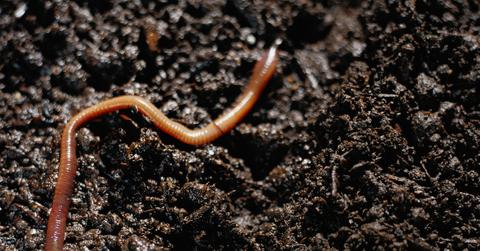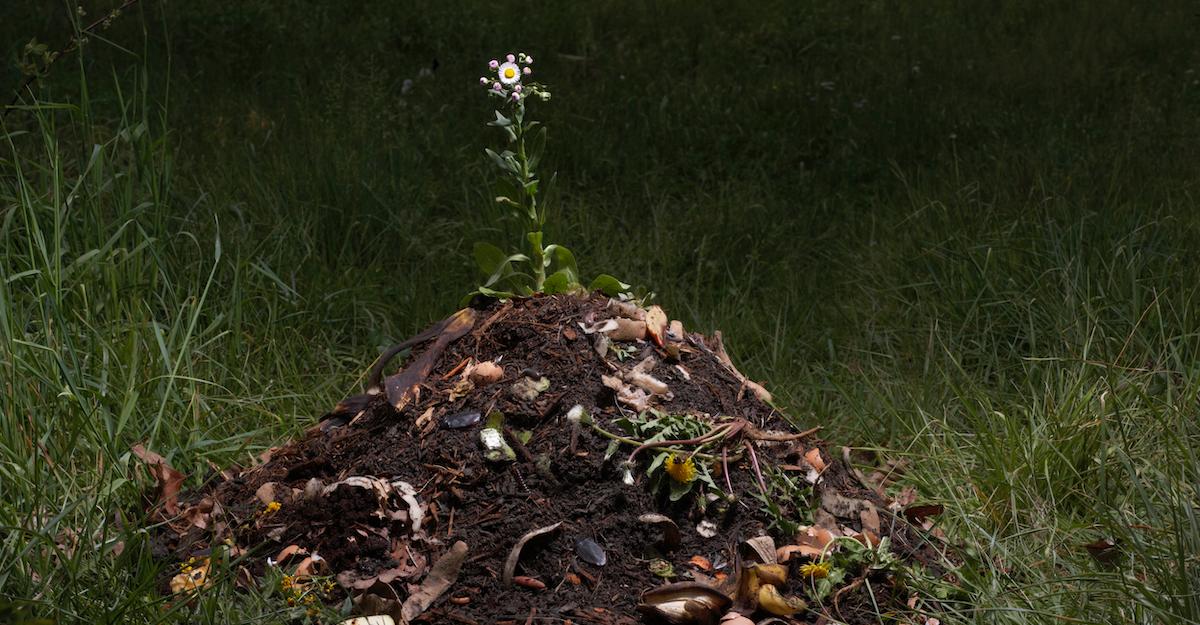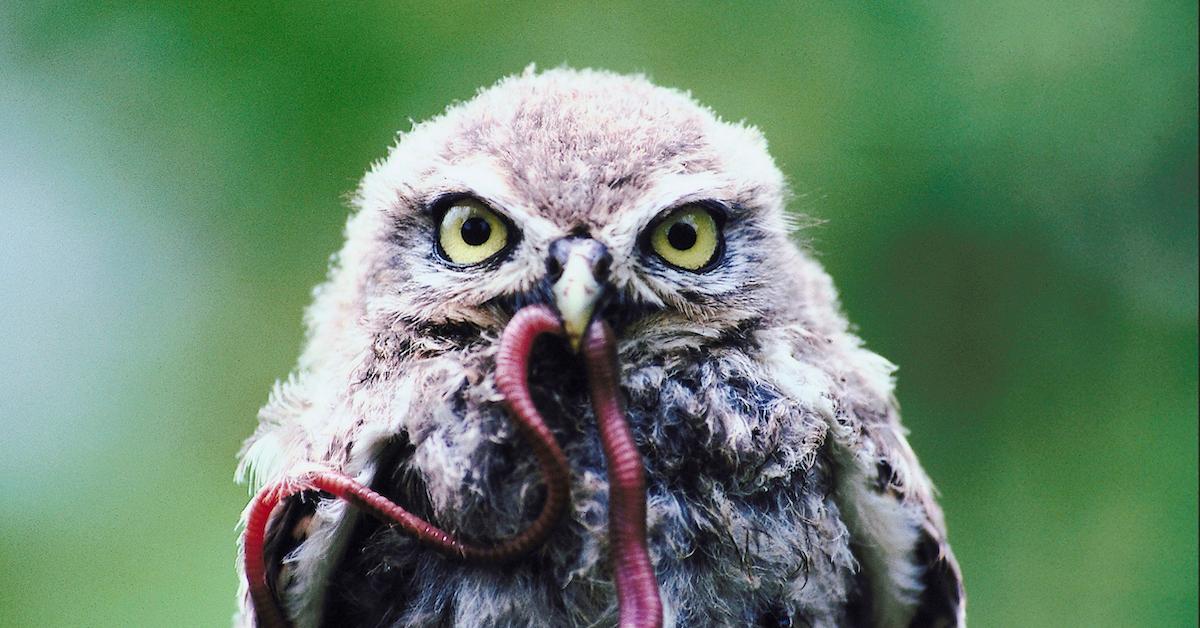Plunging Earthworm Populations Could Collapse Entire Ecosystems
Updated Dec. 20 2022, 12:43 p.m. ET

Even though they may not be the most glamorous animals, earthworms are staples of our ecosystems. If they die out, it could have serious repercussions — and a recent U.K. study shows a major decline in earthworm populations. The research looked at data from hundreds of studies from 1928 to 2018, which showed a significant plunge in their populations.
These results are being peer-reviewed, and will be presented at the British Ecological Society’s annual meeting in Edinburgh
“It’s looking like there is evidence of a long-term decline,” Prof James Pearce-Higgins, the director of science at the British Trust for Ornithology, stated via The Guardian. “A large-scale decline in soil biodiversity – particularly the loss of earthworms – would sit alongside concerns about ‘insectaggedon’ and the wider biodiversity crisis.
“It would have widespread impacts on the species that feed on soil invertebrates, like birds, but also affect soil processing and nutrient cycling, the whole functioning of our ecosystems,” he continued. “Thrushes, starlings and many waders that rely on soil invertebrates are in long-term decline. These declines are greatest in south-east England where hotter, drier summers may also reduce the availability of earthworms to foraging birds.”

A new study shows worms are dying out.
Researchers from British Trust of Ornithology have discovered something rather unnerving — earthworms are dying out at a seriously alarming rate.
According to a press release, a century's worth of data has shown that earthworm populations have plummeted by about one-third. And unfortunately, humans are to blame. Scientists attribute this reported worm population decline to pesticide use inorganic fertilizers, excessive drainage, and a lack of monitoring them.
Even though it may not look like earthworms do very much to the human eye, they actually play an incredibly important role underground. In fact, if earthworm populations continue to drop, it could have disastrous effects on the Earth's soil itself, and on ecosystems as a whole.
“We need to be concerned about what is happening to biodiversity below the ground in order to protect the biodiversity that we see above ground," Professor Pearce-Higgins stated. "We need to look after earthworms.”
“Thrushes, starlings and many waders that rely on soil invertebrates are in long-term decline, which may partly be linked to long-term changes in their food," he continued. "These declines are greatest in south-east England where hotter, drier summers may also reduce the availability of earthworms to foraging birds.”

Why are earthworms so important?
Earthworms are important to our planet for a number of reasons.
According to the Department of Primary Industries, earthworms play an active role in making our soil fit for growing food. Earthworm activity — aka eating and digesting dead vegetation, manure, and soil — increases nutrient availability. It also improves soil drainage, and stabilizes soil structure overall.
Worms also play an important role in our ecosystems. Though they don't interact with other animals too much, they provide as food to a number of species, including various birds and mammals.

How long do earthworms live?
Earthworms can live shockingly long lives. If they don't die as a result of human activity or as prey, per the National Wildlife Federation, they can live up to eight years. Generally, they grow to about half an inch, but they can reportedly grow up to 10 feet.
As much as we appreciate worms and want to keep them around, we'd really rather avoid the 10-foot-long ones.